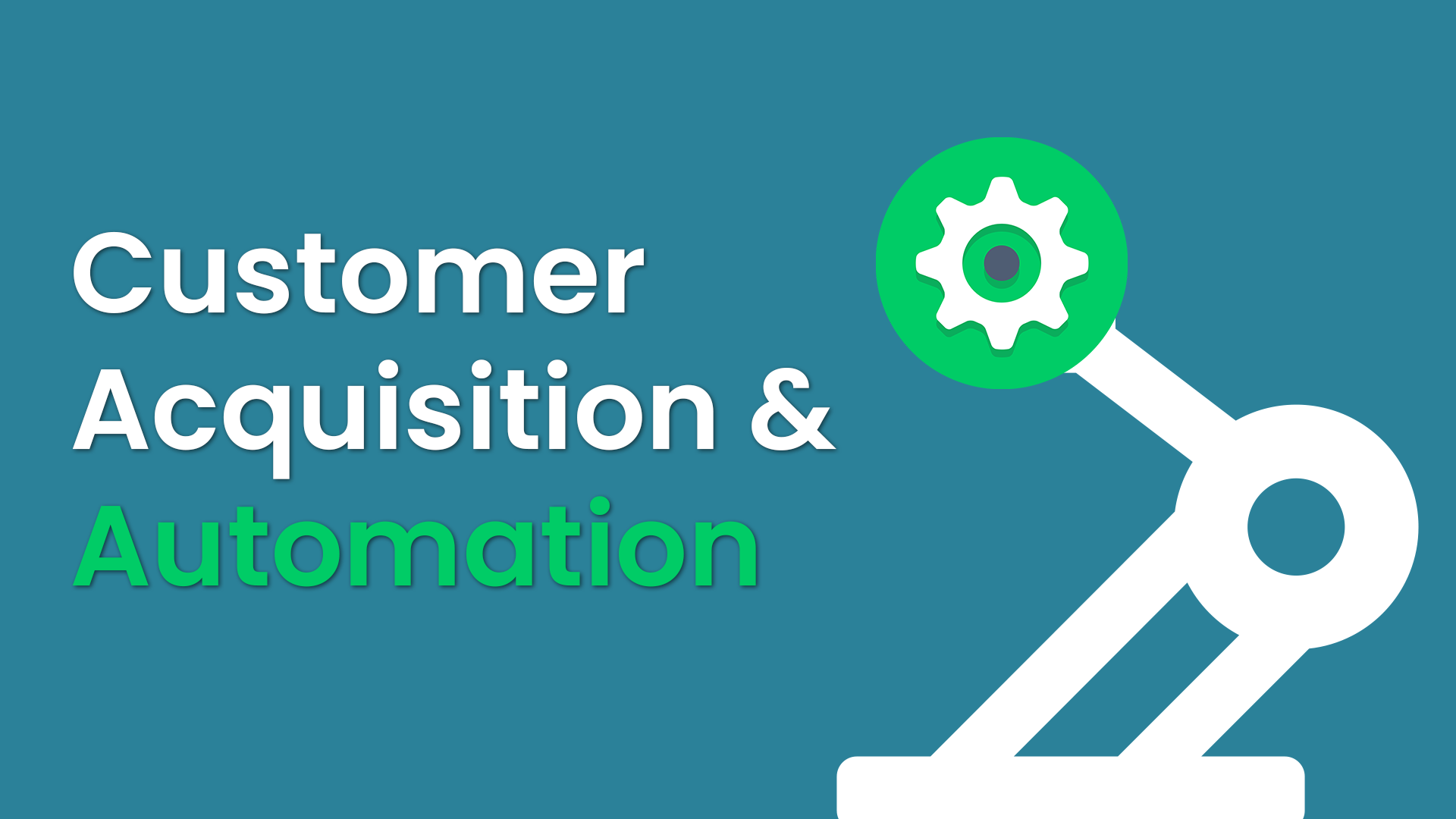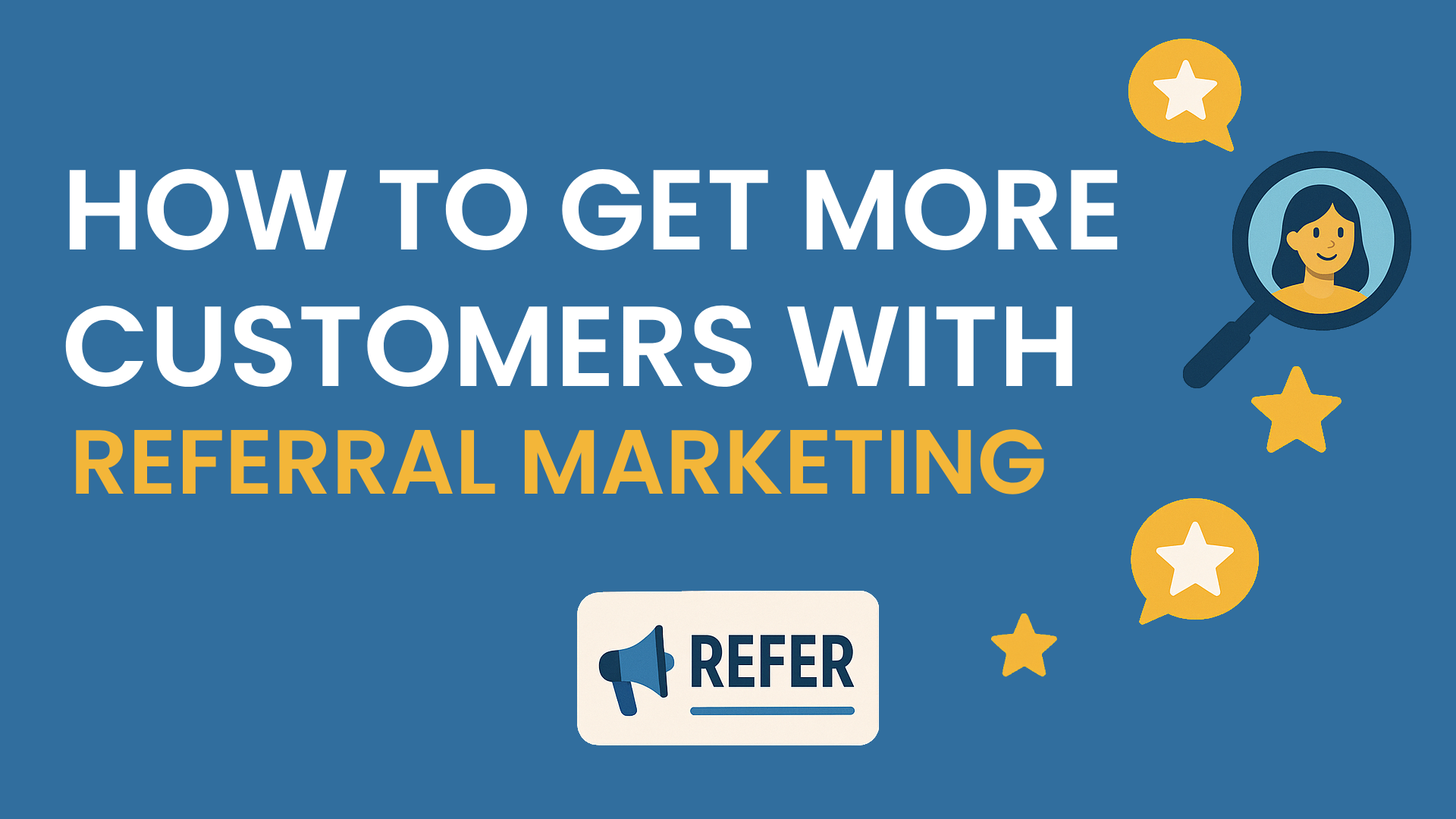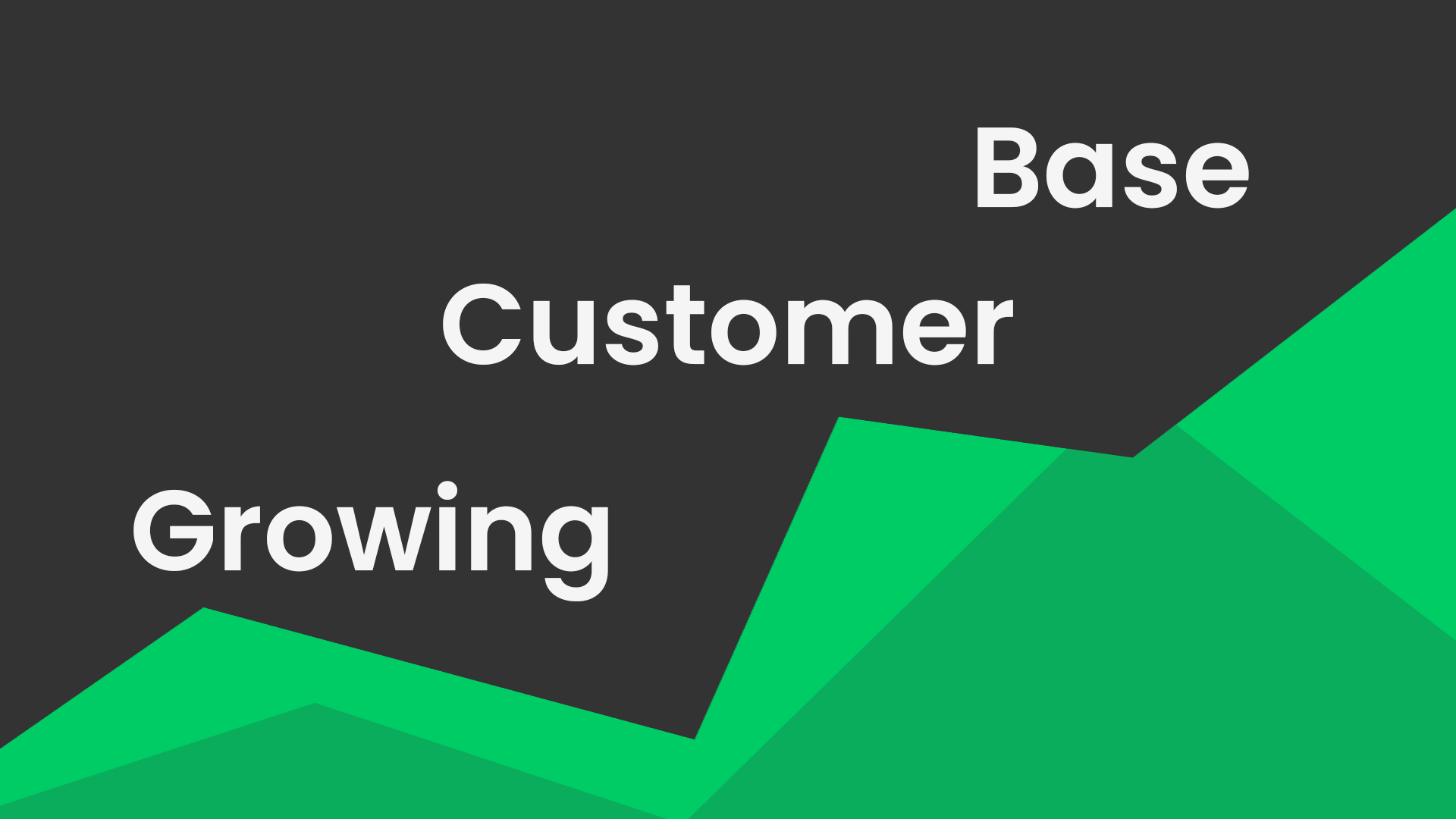In today's fast-paced and competitive landscape, customer acquisition strategies are undergoing rapid evolution, driven by technological advancements and shifting consumer behaviors.
One of the most significant advancements in this space is the rise of automated referral marketing. This approach leverages technology to enhance the efficiency and effectiveness of referral programs, transforming how businesses attract new customers.
This article explores how automated referral marketing is reshaping customer acquisition, focusing on its benefits, comparisons to manual systems, successful case studies, and future trends in the industry.
Benefits of Referral Marketing Automation
Automated referral marketing offers numerous advantages that can significantly enhance a business's ability to acquire new customers. Here are some of the primary benefits:
Increased Efficiency
One of the most compelling benefits of automation is the increased efficiency it brings to referral marketing campaigns. Automated systems such as Referralpin handle various tasks-such as sending emails, tracking referrals, and managing rewards-without the need for constant human intervention. This efficiency allows businesses to launch campaigns quickly and respond promptly to customer engagement.
By automating repetitive tasks, teams can focus on strategic initiatives, content creation, and customer engagement. For instance, instead of manually tracking which customers referred new users, businesses can rely on automated tools that provide real-time updates and reports.
Reduced Manual Effort
Manual referral programs can be time-consuming and error-prone. Employees must manage multiple aspects of the program, often leading to inconsistencies and missed opportunities. Automated systems reduce the manual effort required to manage referrals, streamlining the process significantly.
With automation, businesses can set up referral programs that run smoothly without constant oversight. This not only saves time but also reduces the risk of human error, such as incorrectly attributing referrals or failing to reward customers appropriately.
Enhanced Tracking Capabilities
One of the key advantages of automated referral marketing is the enhanced tracking capabilities it provides. Automated systems offer detailed analytics on referral performance, allowing businesses to monitor how well their campaigns are performing in real-time.
This data can include metrics such as:
- The number of referrals generated
- Conversion rates of referred customers
- Performance of different referral channels
- Average time taken for referrals to convert
Having access to this information allows businesses to make data-driven decisions, optimize their strategies, and refine their approaches based on what is working best.
Comparison Between Manual and Automated Referral Systems
To better understand the advantages of automated referral marketing, it's essential to compare it with traditional manual systems. Here's a detailed look at how these two approaches stack up against each other:
| Feature | Manual Systems | Automated Systems |
|---|---|---|
| Efficiency | Low | High |
| Error Rate | Higher due to human input | Lower due to automation |
| Tracking and Analytics | Limited and often inaccurate | Comprehensive and real-time |
| Scalability | Difficult to scale | Easily scalable |
| User Experience | Often cumbersome for users | Smooth and user-friendly |
| Cost | Potentially higher due to labor | Lower long-term costs |
As illustrated in the table, automated systems significantly outperform manual systems in various key areas.
The improved user experience provided by automated systems can also lead to higher referral rates, as customers appreciate a seamless process when referring friends and family.
Case Studies of Businesses Leveraging Automated Referral Tools
To understand the impact of automated referral marketing, let's examine some successful case studies of businesses that have effectively leveraged these tools.
1. Dropbox
Dropbox is a prime example of a company that utilized automated referral marketing to fuel its growth. The company introduced a referral program that offered users additional free storage space for each friend they referred who signed up. This simple yet effective strategy quickly went viral.
The automation behind the program allowed Dropbox to track referrals seamlessly and manage rewards without manual intervention. As a result, Dropbox saw its user base grow from 100,000 to over 4 million in just 15 months. The program's success demonstrated the power of word-of-mouth marketing and the effectiveness of automation in driving customer acquisition.
2. Uber
Uber's referral program is another excellent case study. By incentivizing both the referrer and the referred with discounts on rides, Uber created a compelling reason for users to share the app with friends. The automation of this referral program allowed Uber to scale rapidly, capturing market share in various cities worldwide.
The company used automated systems to send referral links and track user engagement, ensuring that both parties received their rewards promptly. This dual incentive model, combined with robust automation, played a pivotal role in Uber's exponential growth.
3. Tesla
Tesla's referral program rewards customers with perks such as free supercharging for referring new buyers. By automating this process, Tesla can easily track referrals and reward customers without manual oversight. This approach not only incentivizes existing customers to promote the brand but also enhances the overall customer experience.
Tesla's automated system allows it to maintain high levels of customer satisfaction while expanding its market reach. The success of this program showcases how automation can drive both customer loyalty and acquisition.
Future Trends in Referral Marketing Automation
As technology continues to advance, several trends are emerging that will shape the future of referral marketing automation. Here are a few key trends to watch:
Increased Personalization
Automation tools are becoming increasingly sophisticated, allowing for greater personalization in referral marketing. Businesses will be able to tailor referral offers based on user behavior, preferences, and demographic data. This level of personalization enhances the likelihood of successful conversions, as customers are more likely to engage with offers that resonate with their needs.
Integration with Other Marketing Tools
In the future, referral marketing automation will increasingly integrate with other marketing tools and platforms. For instance, seamless integration with Customer Relationship Management (CRM) systems, email marketing platforms, and social media channels will allow businesses to create cohesive marketing strategies.
By integrating referral programs into broader marketing efforts, companies can maximize their reach and engage customers at multiple touchpoints. This holistic approach will enhance the overall effectiveness of marketing campaigns.
Focus on Customer Experience
As competition intensifies, businesses will prioritize referral programs that enhance the customer experience. This focus will lead to the development of user-friendly interfaces and streamlined processes that make it easy for customers to refer friends and family.
Moreover, companies will increasingly seek feedback from customers to refine their referral programs, ensuring that they meet user expectations and preferences.
Adoption of AI and Machine Learning
Artificial Intelligence (AI) and machine learning are poised to revolutionize referral marketing automation. These technologies can analyze vast amounts of data to identify trends, predict customer behavior, and optimize referral strategies in real-time.
By leveraging AI, businesses can create more effective referral campaigns that adapt to changing market conditions and consumer preferences. This adaptability will be crucial for staying competitive in a rapidly evolving landscape.
Key Insights
Automation is fundamentally changing the landscape of customer acquisition through referral marketing. By embracing automated systems, businesses can increase efficiency, reduce manual effort, and gain valuable insights into their marketing efforts. The success stories of companies like Dropbox, Uber, and Tesla illustrate the profound impact of automation on customer acquisition strategies.
As we look to the future, trends such as increased personalization, integration with other marketing tools, and the adoption of AI will further enhance the effectiveness of automated referral programs. Businesses that adapt to these changes will be better positioned to thrive in an increasingly competitive market.
By investing in automated referral marketing companies can not only acquire new customers more effectively but also foster a loyal community of advocates who will drive growth for years to come.
How ReferralPin Can Help
Referralpin automates the referral process, making it easy for customers to refer others and track the results of your referral campaigns.
Here are some key features of ReferralPin:
- Automate Referral Tracking: Say goodbye to manual tracking. Referralpin automates the process, ensuring accurate and seamless management of referrals.
- Gain Actionable Insights: Use our analytics tools to monitor the performance of your referral program and identify areas for improvement.
- Customize Incentives: Easily tailor rewards to fit your customers' preferences and behaviors, making your referral program more effective and engaging.
- Simplify the Process: With an intuitive interface, Referralpin makes it easy for your customers to refer others, ensuring a smooth experience for both referrers and referees.
Get started with Referralpin today for free!



